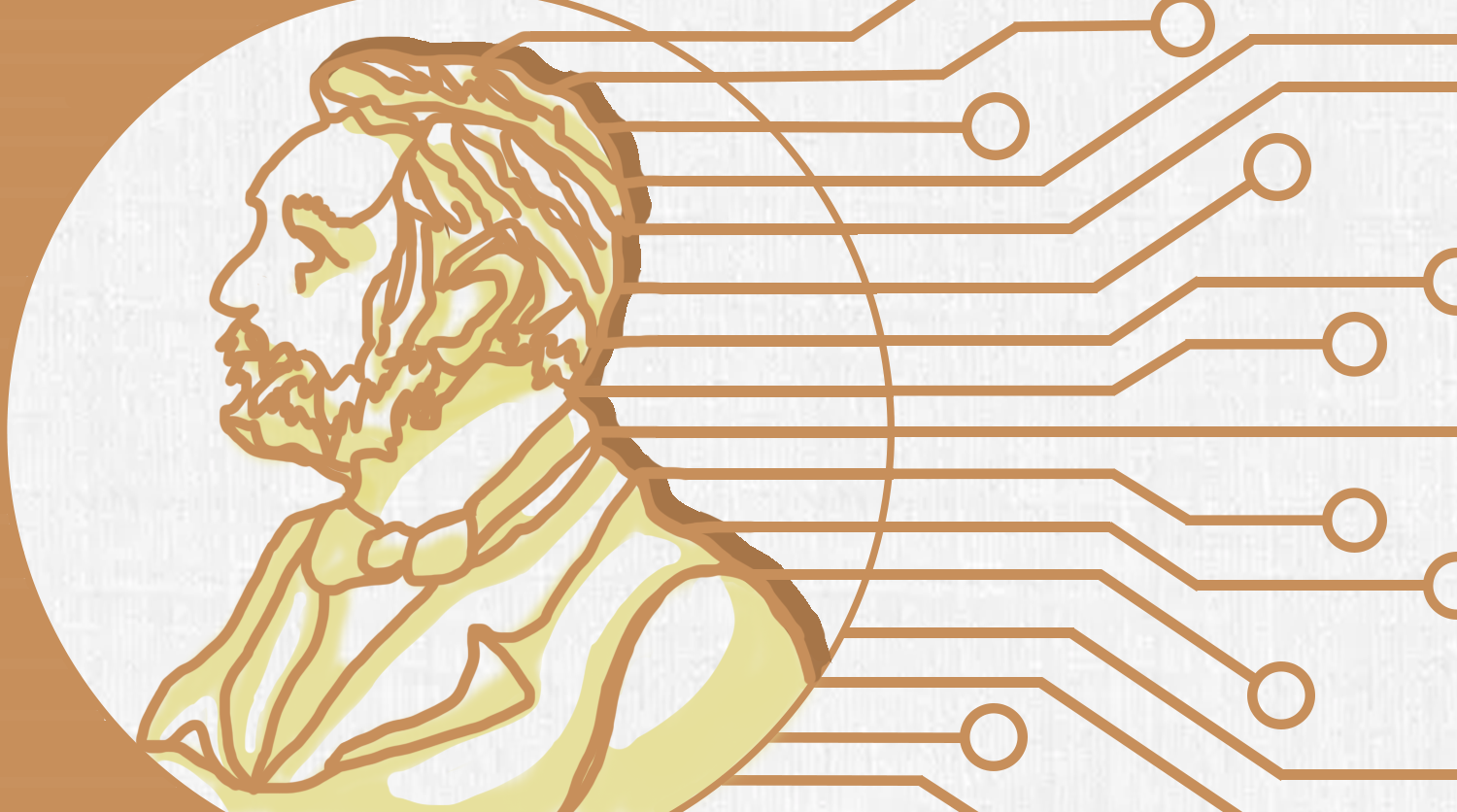A blue Nobel Prize week

During the Nobel Prize week, we, the university community, also have a restless time. One of the major indicators of a university's reputation is the number of affiliated Nobel Prize winners. In addition, the type of scientific achievement for which the Nobel Prize is awarded in a given year also has a major impact on the future of science.
This year's Nobel Prizes marked a major turning point in the history of science. The Nobel Prize in Physics was awarded to two scientists who developed the foundations of machine learning, the basis for artificial intelligence (AI). The Nobel Prize in Chemistry was awarded to three scientists who used AI to analyze the three-dimensional structure of proteins.
As a member of the university community, I would like to express my sincere respect and congratulate all the winners for their great talent and for the highest honor bestowed on the scientists as a result of their tremendous efforts.
However, those involved in science might feel somewhat uncomfortable about the award. One of the questions is whether the achievements that laid the foundations for AI deserve the Nobel Prize in “Physics.” Some people object to classifying AI, a new fusion science of information engineering, into the historical category of physics as a branch of science.
In other words, some believe that we need to create a novel category within the Nobel Prize. The categorization of the natural sciences into three categories—physics, chemistry and medicine/physiology—is already showing its limits and seems outdated, especially considering that world-changing innovations often emerge from new interdisciplinary fields.
Similarly, the second is the argument that the structural analysis of proteins and the design of new proteins resulting from AI-driven data science may not fit in with the traditional Nobel Prize in “Chemistry.”
Moreover, the Chemistry prize raises more serious concerns.
One half of this year's Nobel Prize in Chemistry was awarded to researchers of Google DeepMind, who developed an AI model (AlphaFold 2) to determine the three-dimensional structure of proteins. The company is also involved in the development of AlphaGo, the AI that is known for having defeated a South Korean Go master. The intelligence of generative AI, deepened by machine learning, surprised us all by outperforming human intelligence, even in a game. Such an AI has, at last, achieved the work that led to the Nobel Prize.
It has been extremely difficult in conventional experimental chemistry to elucidate the three-dimensional structure of proteins from their primary structure under a variety of in vivo conditions. The Nobel laureates of this year's Nobel Prize in Chemistry succeeded in doing this by accumulating data from various experimental chemistry studies and using AI to reveal the three-dimensional structure of proteins in a very short time. Their work is truly worthy of the Nobel Prize, not only for their skillful use of AI, but also for the fact that they accumulated the basic data and developed the software that led to this work and made it public.
However, AlphaFold 2 is said to be a black box AI—the process by which it determines protein structures is unknown, even to its creators. The fact that the underlying logical process is unknown causes unspoken anxiety.
There is a view that human history is a history of ‘the superior intellect driving out the inferior intellect.’ Of course, we do not believe that intelligence alone has driven the world. But there is no doubt that intelligence, through science, has driven innovation in the world. In this sense, we must see the possibility of AI driving innovation surpassing human intelligence as a real possibility, as demonstrated by this year's Nobel Prizes.